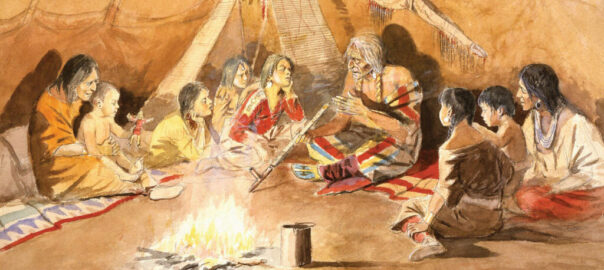
Stories and Storytelling
Stories work with people, for people, and always stories work on people, affecting what people are able to see as real, as possible, and as worth doing or best avoided. What is it about stories—what are their particularities—that enables them to work as they do?
The Evolution of Storytelling
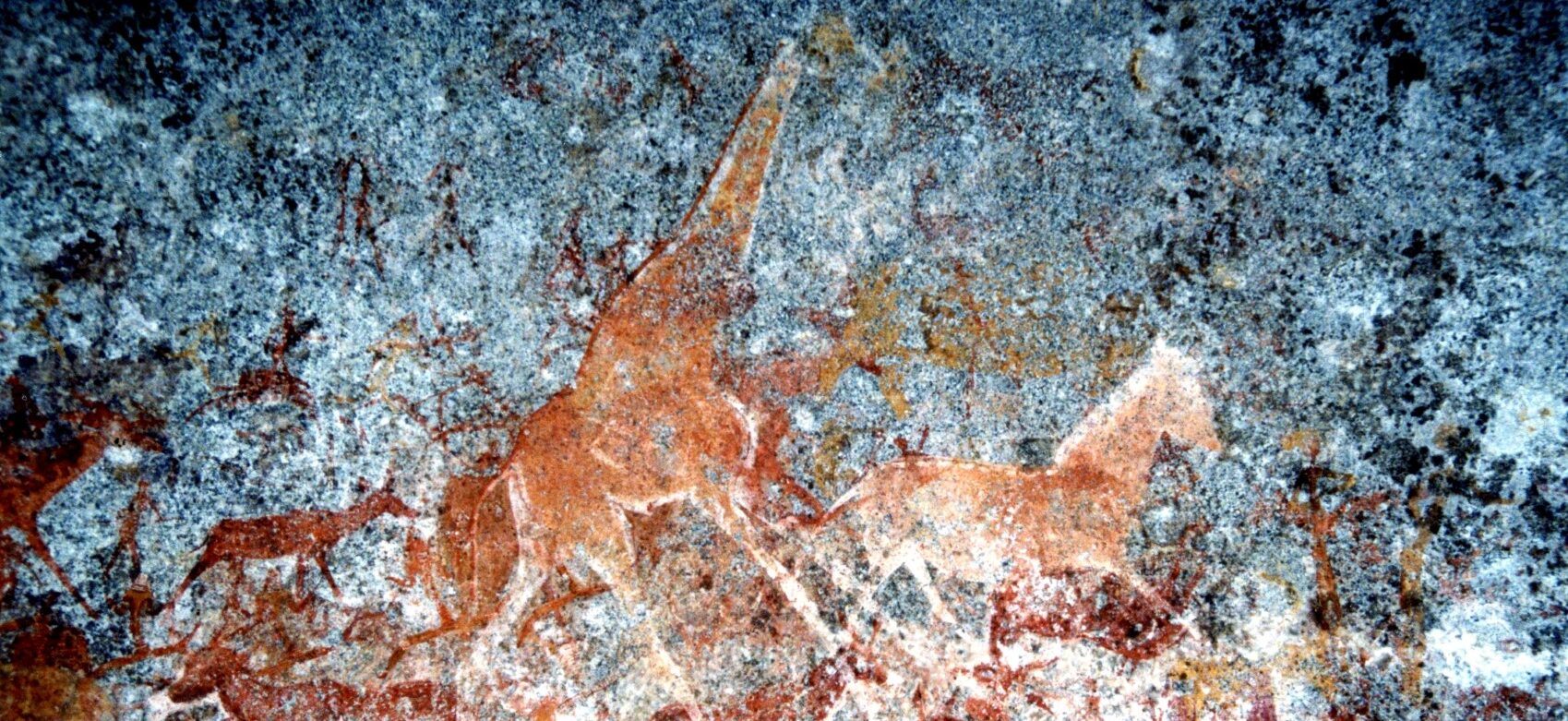
The Evolution of Storytelling
Stories work with people, for people, and always stories work on people, affecting what people are able to see as real, as possible, and as worth doing or best avoided. What is it about stories—what are their particularities—that enables them to work as they do?
The First Stories
The world we experience as ‘out there’ is actually a reconstruction of reality that is built inside our heads. It’s an act of creation by the storytelling brain.
The Oral Tale
For most of our human history storytelling was oral. Myths were spoken or sung by diverse storytellers who could select and modulate their narrative to best suit a given audience, emphasizing some aspects and ignoring others.
The Written Word
Originally scribes used this new technology only for book-keeping, recording inventory, or for the equivalent of today’s text messages. But once the first scribes in Ur realized that writing could be used to record their most valued epic stories, their excitement likely matched our own when portable computers came on the scene.
Meta Storytelling
Specific stories survive because they hold an inner significance which is rarely glimpsed consciously, but which nevertheless acts powerfully upon our minds.
The Science of Storytelling
Stories are actually a form of technology. They are tools that were designed by our ancestors to alleviate depression, reduce anxiety, kindle creativity, spark courage and meet a variety of other psychological challenges of being human.
Teaching Stories
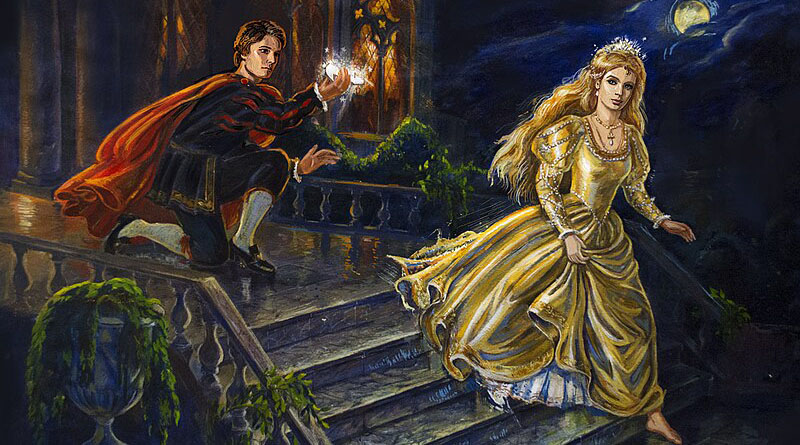
A Unique Form of Literature
Many books of quite innocent-appearing stories were written to provide a vehicle for the traditional esoteric psychology. Often they have been mistaken for either literal history or trivia.
The Teaching Story
Teaching stories, which might appear to be mere fairy tales or myths or jokes, are in fact important tools that may well have survived over generations mainly because of their appeal to people at large for entertainment or other superficial reasons.
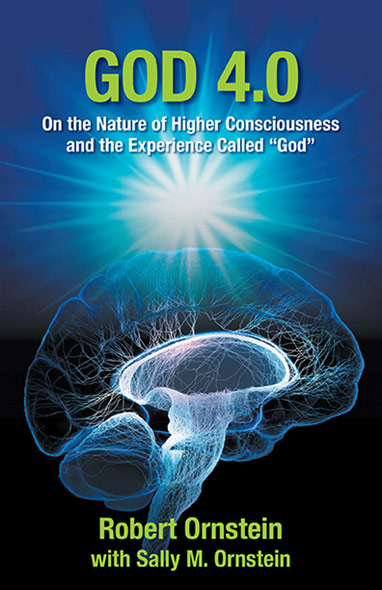
God 4.0
On the Nature of Higher Consciousness and the Experience Called “God”
By Robert Ornstein with Sally Ornstein
Review by Denise Winn
Contributing Writer
Countless research findings reveal the existence of a second network of cognition that transcends everyday consciousness. It is what people have tried to activate, from the earliest shaman-sages to Moses 3,500 years ago, to Jesus 2,000 years ago, to Muhammad 1,400 years ago, all the way up to the myriad of contemporary seekers. Read more
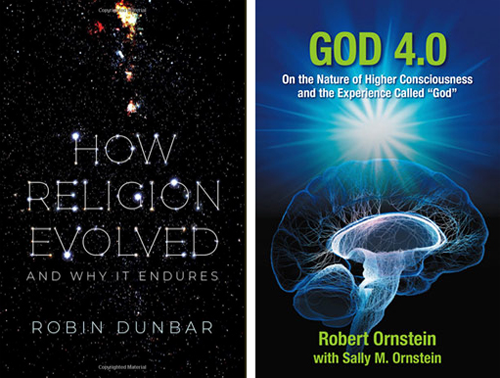
A Contemporary Look at the Nature of Religious Experience
Review by George Kasabov
Contributing Writer
People can persuade themselves of anything. Many believe that death is a transition to a transcendental world, that miracles occur through the will of God, or that our lives are ruled by immaterial spirits. How is it that, in our scientific age, when we have learned so much about the evolution of the universe and the nature of life, so many still cling to such beliefs? Why is it that faith – belief in the unprovable – is considered a virtue?
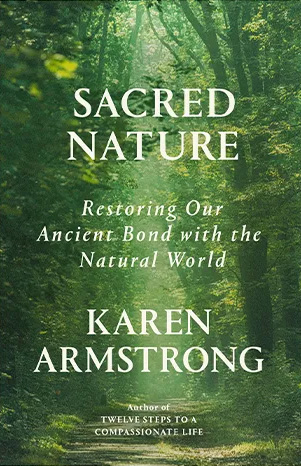
Returning to the Spirit in “Sacred Nature”
A review of Sacred Nature by Karen Armstrong
A staggering 33 million people have been internally displaced in Pakistan. Because climate change is likely to have played a role in the heavy rains, the displaced can be considered “climate refugees”— a term that the novelist Fatima Bhutto urges us remember, as we will all be impacted by climate change, and many of us will become migrants as a result, if we haven’t already.
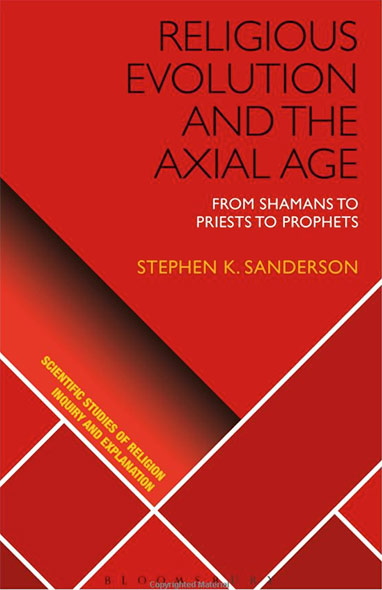
Religious Evolution and the Axial Age
From Shamans to Priests to Prophets
Hardcover edition 2018
Reported by Sally Mallam
Contributing Writer
Why are there are so many different types of religion and how and why has religion evolved over time? The answer lies in both our biological and our sociocultural evolution.
In the series: Ideas that Shaped Our Modern World
- God 4.0
- A Contemporary Look at the Nature of Religious Experience
- Returning to the Spirit in “Sacred Nature”
- Religious Evolution and the Axial Age
- Paleolithic Beginnings
- Connecting With the Gods
- Axial Age Thought
- Jesus: Origins of Christianity
- Muhammad: Origins of Islam
- The Journey of Classical Greek Culture to the West
